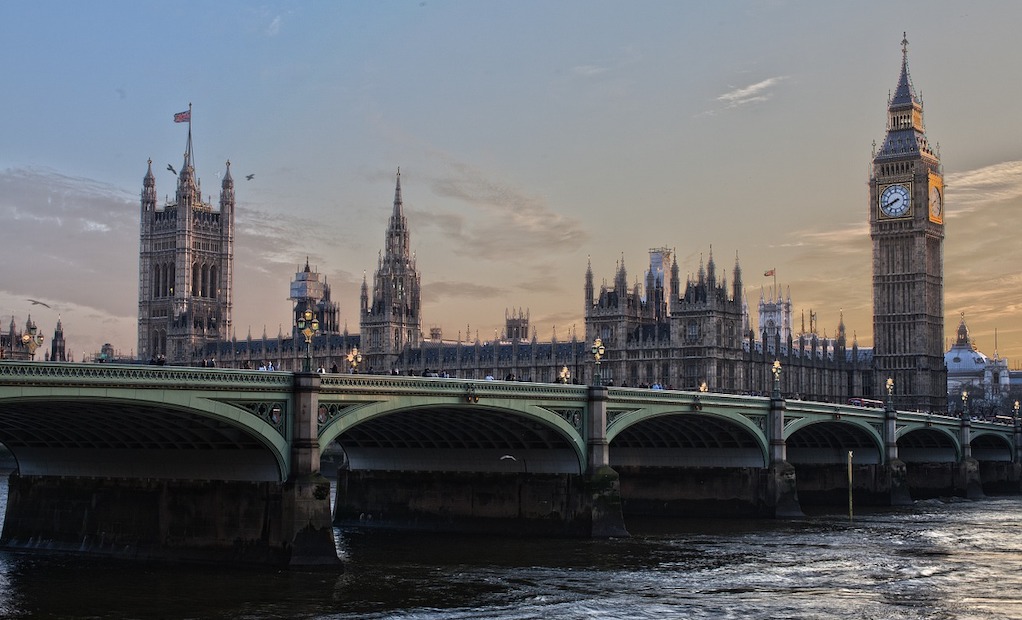The Woolwich attack: Was it an act of terrorism?

The brutal and public murder of soldier Lee Rigby instantly created a media storm with the press and the government labelling it an act of terrorism. The seeming nonchalance of the perpetrators after the event certainly distinguished it from other violent crimes, but murders as a result of a knife attack happen on a weekly basis in London. Rarely, if ever, is an attack against a single person, even in such a brutal manner as this one, described as terrorism. So what features of the murder of Lee Rigby made it an act of terrorism?
One might wonder whether this question is really of any importance, and to Rigby’s bereaved family and friends it probably makes little difference if it is described as murder or terrorism; ultimately, they have lost a loved one and no amount of debating can reverse that. However, for the wider implications of this tragic event, it matters a great deal. Few terms invoke such deep emotion or carry such political clout as the word terrorism. Indeed, countering terrorism is used as a justification for wars, the curbing of civil liberties and the bankrolling of billions of pounds in security budgets.
If the attack on Rigby was merely described as a murder would that make it any less terrible? Some of the most hideous and heinous crimes are carried out and not described as terrorism. Make no mistake, this is not an attempt to justify the attack or downplay its significance, rather, this is an attempt to critically reflect on the very serious political ramifications of framing certain acts as terrorism whilst others as something else.
So what defines something as an act of terrorism? There is no universally accepted definition and the very act of describing something as terrorism is in itself deeply political. For instance, the Taliban were regarded as freedom fighters when fighting the occupying Soviet forces in the late 1980s but were later considered terrorists when fighting the US occupying forces in 2001.
According to Princeton University, terrorism is “the calculated use of violence or the threat of violence against civilians in order to attain goals that are political or religious or ideological in nature; this is done through intimidation or coercion or instilling fear”. Most acts described as terrorism by the Western media since 9/11 have also been, to some degree, indiscriminate. A definition of terrorism, therefore, can be seen as a violent act aimed at creating an environment of fear and injuring and killing large groups of unsuspecting civilians in the name of a specific goal.
Does the Woolwich attack meet the criteria?
Based on statements made by suspects Michael Adebowale and Michael Adebolajo, the Woolwich attack meets some of the criteria of terrorism. The attack was seemingly motivated by ideological, political, and/or religious aims and certainly served to instil fear in the wider community.
However, despite being in plain clothes Rigby was nevertheless a soldier who had been involved in an ongoing war overseas and therefore was not a civilian. Nor could the attack be described in any way as indiscriminate; the perpetrators targeted one individual, apparently because of his status as a soldier and remained at the scene of the crime talking to passing civilians until the police arrived.
Had this been an indiscriminate terrorist attack you would have expected them to turn their fury on other people around, but they showed no signs of doing this and instead apologised for the fact that women had to witness this.
So why was it described as terrorism? Was there another overriding factor that marked this as an act of terrorism?
Seemingly there was, at least in the eyes of those who chose to frame it as such. Unfortunately it seems the most definitive reason this was labelled terrorism was due to the fact that the attackers were Muslim. To illustrate this one can compare the Woolwich incident with other incidents by non-Muslims that have not been considered acts of terrorism.
Firstly, the shock and awe bombing of Baghdad appears to meet all of the criteria listed by Princeton University to describe an act of terrorism. Indeed, its stated aim was a calculated use of force, designed to induce what the then chairman of the US Joint Chiefs of Staff, General Richard B. Myers, described as a “shock to the system” which would herald a fast submission, claiming thousands of civilian casualties indiscriminately in the process.
Similarly, one could argue that the US drone strikes across Pakistan serve the political aim of securing American interests with the threat of drone strikes using fear to turn people against the Taliban. Furthermore, The New York Times reported that for every target killed 50 civilian lives are taken.
Similarly, the backlash to the Woolwich attack saw a Mosque in Grimsby being firebombed three times. Clearly this attack was ideologically motivated, serving far-right political interests and using violence to induce fear indiscriminately against civilians. However, neither the government nor the media has described it as an example of terrorism.
Finally, Anders Brievik who set off a car bomb before shooting hundreds of people indiscriminately was not described as a terrorist. Despite having a “manifesto” setting out his political, ideological and religious beliefs, several major media outlets did not describe his actions as those of a terrorist. Instead the Huffington Post called him a “gunman”, the Sydney Morning Post a “mass murderer” and the Guardian simply called him a “killer”.
In the aftermath of the Woolwich attack, BBC News ran a short item saying that the “majority of British Muslims condemned the attack”. No doubt this is true, but did a single media outlet ran a piece saying the majority of white Christians condemned Anders Brievik’s actions? Of course not, because this is taken for granted.
The subtle use of discourse almost silently reifies the connection between Islam and terrorism and the glaring imbalance only serves to alienate Muslim communities further. David Cameron’s speech after the attack rightly pointed to the fact that “more Muslim lives are taken as a result of terrorism”, saying the attack was a “betrayal of Islam” and urging communities to “stand together”. All valid points, except the problem is that the terms of the debate had already been set when the attack was described as terrorism.
Perpetrators of terrorist acts, especially domestic ones, are often from marginalised communities who feel voiceless and alienated from the society that they carry out their attacks against. The unbalanced treatment afforded to Muslims and the inconsistent but highly political use of the term ‘terrorism’ paradoxically only serves as ammunition to extremists and ultimately will only create more tragic instances like the murder of Lee Rigby. Therefore, it is vital that we confront such biases head on, and critically reflect on our use of language in order to make our society more equal and harmonious. Never underestimate the power of words.
Joe Turnbull

























Facebook
Twitter
Instagram
YouTube
RSS